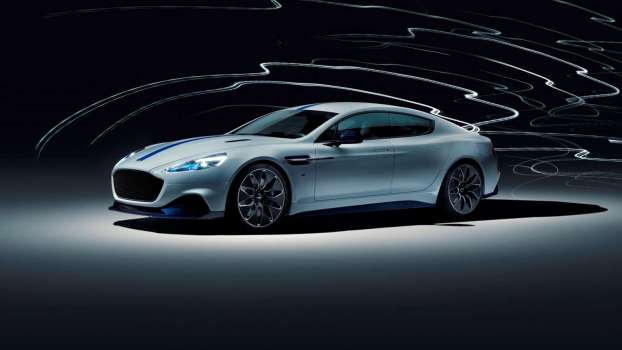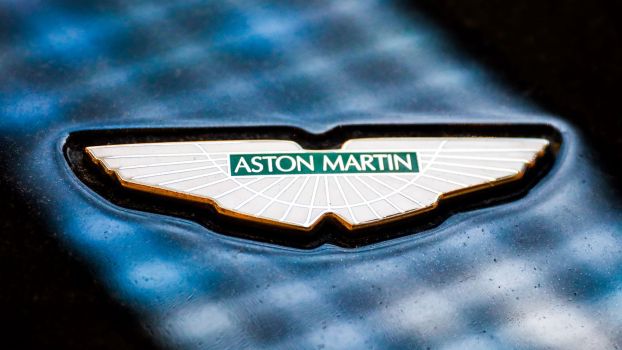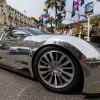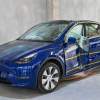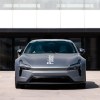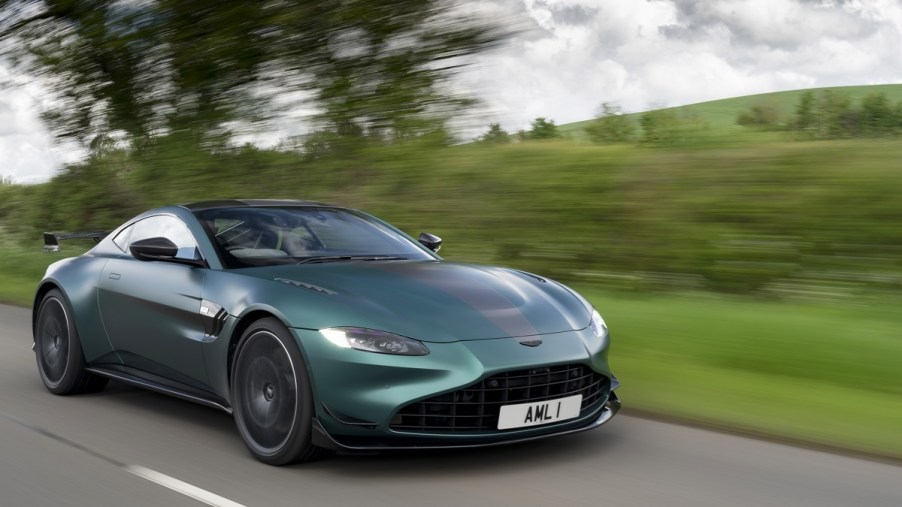
The Aston Martin and Lucid EV Partnership is a Win for Both Struggling Automakers
This morning, low-volume automakers Lucid and Aston Martin (AM) announced a partnership to give AM access to high-end EV technology. In exchange for cash and a stake in the British automaker, Lucid will deliver its advanced battery electric motor technology in a move that will provide a lift to both car brands’ operations.
Why the Aston Martin and Lucid EV partnership makes sense
In the hyper-competitive worlds of EVs and high-end luxury sports cars, Aston Martin and Lucid have found some common ground. Both premium car brands are struggling to keep up, despite positive reviews and a quality vehicle lineup. In that sense, Aston Martin and Lucid combining EV efforts should prove to be a symbiotic relationship for the luxury and sports car car makers.
Lucid’s critical acclaim isn’t translating into sales
It’s important to note: Lucid isn’t struggling for the same reason as other EV upstarts. While VinFast and Fisker struggle to produce quality products (or any products at all), both critics and buyers love their new Lucid Air EVs. From customer feedback with MotorTrend to reviews from the likes of Car and Driver, U.S. News, Consumer Reports, and The Smoking Tire, the Lucid Air is one of the best cars in this class of freshman electric vehicles.
Instead, Lucid’s struggle is its price point. As an upstart manufacturer, Lucid aimed directly at the top of the car-buying market at a time when those with money stopped spending.
A troubled financial market combined with high inflation significantly narrowed Lucid’s potential client base. As early as February of 2023, CNBC reported a demand problem with 6,000 fewer Air reservations than just three months prior. Despite a factory capacity approaching 30,000 units, the American EV brand planned production of no more than 14,000 cars in 2023.
That dip in demand caused the EV car brand to sell off its own shares, a sign of trouble for any corporation. And while Lucid faced struggles in getting the Air to buyers at first, it appears it is now underselling its own projections.
Trouble at Aston Martin
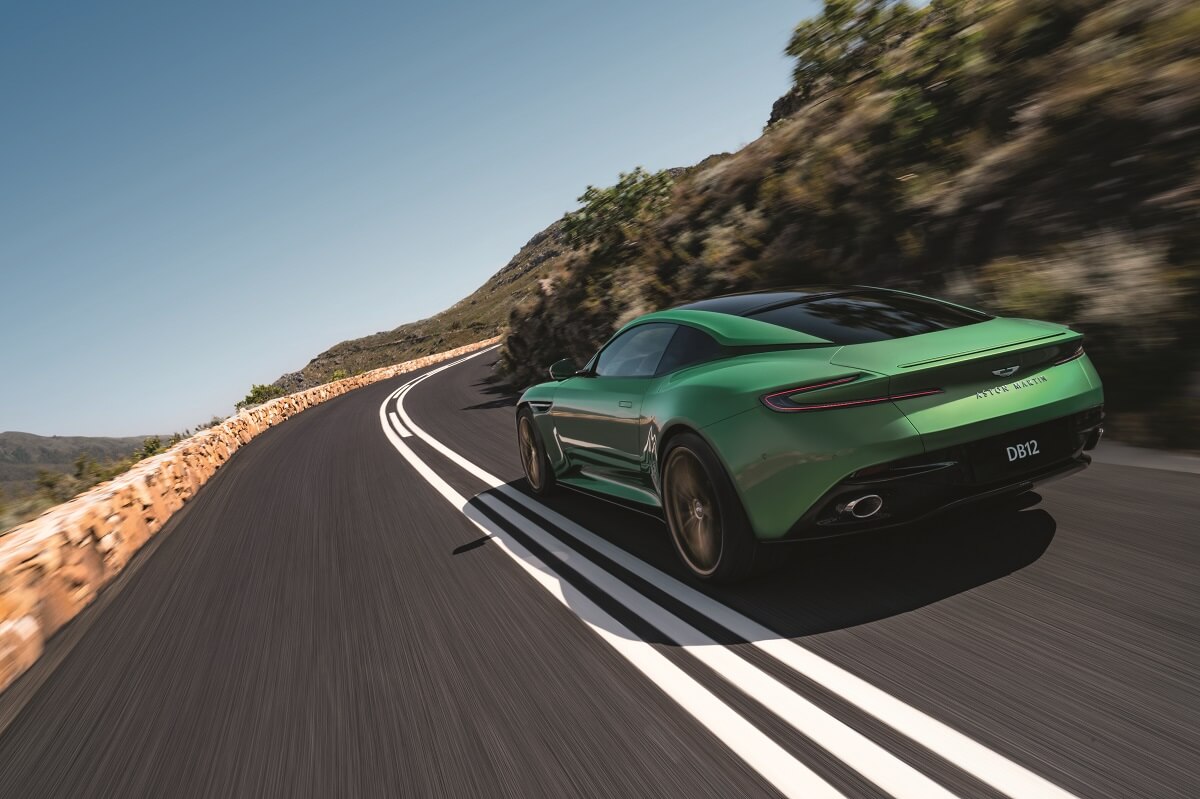
On the other side of the Atlantic, things are equally troubling at Aston Martin. The vaunted British luxury sports car manufacturer totaled losses approaching a half-billion British pounds in 2022, after a 214m-pound loss the year before. And while Aston Martin sales grew by 26% last year, the mounting losses spell trouble for the low-volume luxury brand.
Citing supply chain problems, an extended recovery from the COVID-19 pandemic, and rising operational costs, Aston Martin has been on a downward trajectory for nearly four years now.
According to a report from The Guardian, Aston Martin brass doesn’t expect the slide to last. New CEO Lawrence Stroll undertook a major overhaul of the company including new models, a shift even further up the market, and an aggressive marketing campaign. Those spends are said to peak in the coming weeks, and the company projects to sell over 7,000 vehicles before the end of 2023.
These car brands can help each other where they need it most
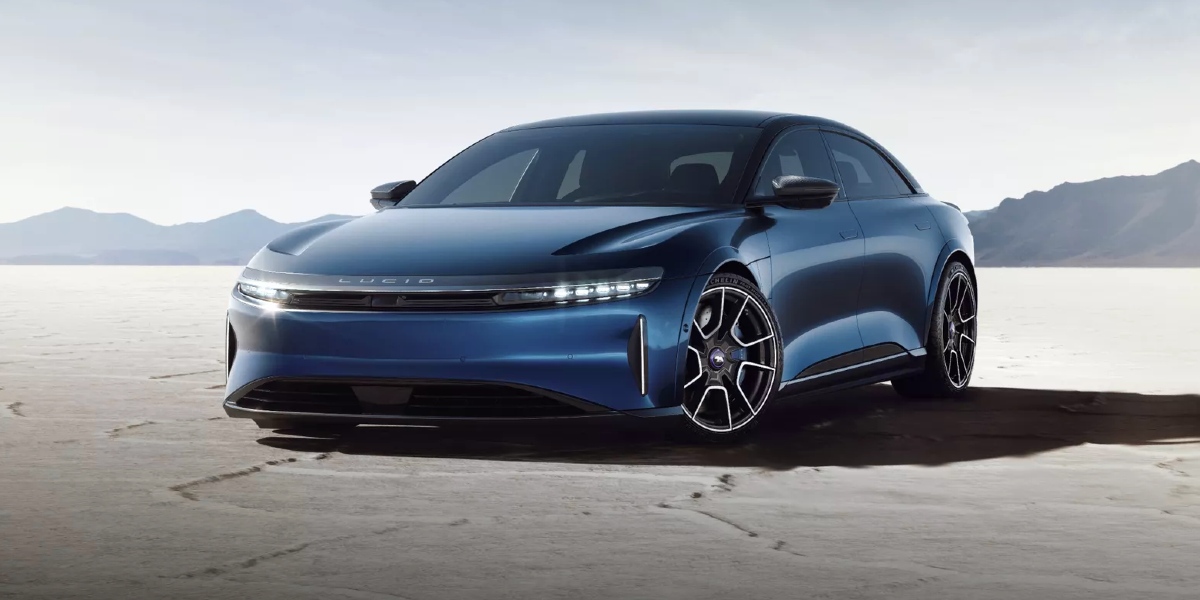
On the surface, two struggling car brands pairing up doesn’t leave much room for optimism. However, Aston Martin and Lucid each excel where the other is failing. Lucid has an exceptional EV powertrain capable of delivering the type of world-beating performance Aston Martin is aiming for.
And Aston Martin has a high-class legitimacy that resonates with legacy car buyers. Plus, the big injection of cash from AM to Lucid will help keep the EV brand solvent. Reuters reports that Aston Martin is injecting $28.4 million in cash and a further $203.6 million in shares to Aston Martin in return for its high-powered EV technology.
Considering the high cost of developing in-house electric vehicle tech, it is unlikely that Aston Martin could have weathered such an undertaking on its own. And given Lucid’s slipping market position in the face of high inflation, it desperately needed both the cash and the legacy legitimacy to remain afloat until things level out.
Expect high-powered Aston Martin EVs by 2030
In addition to a fully-electrified lineup by 2026, Aston Martin also plans for a completely electric lineup by 2030. With Lucid’s 1,100-horsepower EV capabilities and AM’s existing partnerships with Geely and Mercedes-Benz, it appears the outfit is ready to make a wholesale shift to EVs in the immediate future.
Today, Aston Martin halo products like the DBS 770 Ultimate and Valkyrie already approach those four-figure power numbers. Adding Lucid to the fold gives Aston an EV powertrain with the same exuberance, so the Aston Martin ethos can live on in the electrified era.
